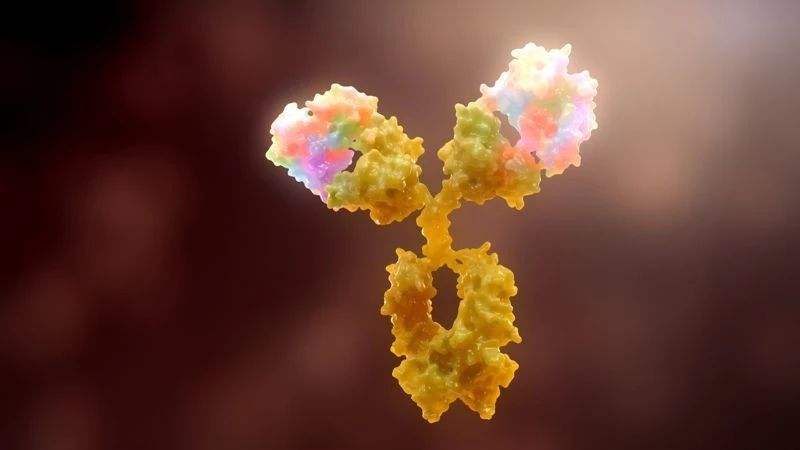An antibody-drug conjugate (ADC) is a type of biopharmaceutical drug that is composed of an antibody and a cytotoxic drug. The purpose of an ADC is to target and deliver the cytotoxic drug to specific cells in the body, where it can then kill those cells.
The process of creating an ADC begins with the identification of an antibody that is able to specifically bind to a protein found on the surface of the target cells. This antibody is then linked to a cytotoxic drug using a chemical linker. The linker is designed to release the drug once it reaches the target cells, allowing the drug to kill the cells without harming healthy cells in the body.
One of the advantages of using an ADC is that it can specifically target and kill only the cells that express the protein that the antibody binds to. This can help to reduce the side effects of chemotherapy, as the drug is delivered directly to the target cells, rather than being distributed throughout the body.
Another advantage of ADCs is that they can be used to deliver a higher concentration of the cytotoxic drug to the target cells. This can help to improve the effectiveness of the drug and potentially reduce the amount of drug needed to achieve the desired therapeutic effect.
In summary, an ADC is a type of biopharmaceutical drug that is composed of an antibody and a cytotoxic drug, and is used to deliver the drug specifically to target cells in the body. This can help to improve the effectiveness of the drug and reduce side effects.









